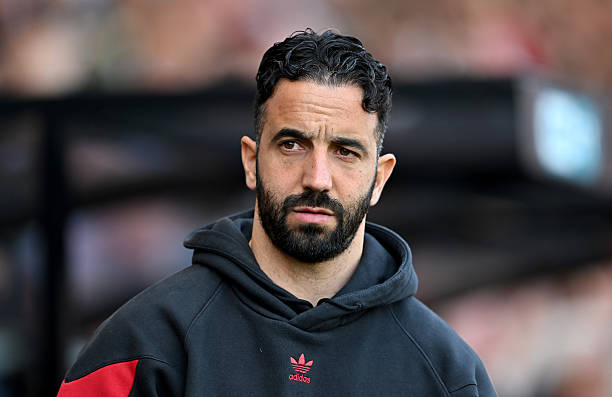As Manchester United prepare for their Europa League semi-final first leg in Bilbao, the weight of expectation extends far beyond silverware and prestige. The true stakes? A financial lifeline worth more than £100 million.
United’s underwhelming Premier League season — currently placing them 14th with their lowest points tally in history — has left their only route back into European competition through the Europa League. Failure to win the tournament would see the club miss out on European football for only the second time in 35 years, with wide-ranging consequences.
Sir Jim Ratcliffe, co-owner of United, has publicly estimated the value of Champions League qualification at between £80m and £100m. Football finance expert Kieran Maguire believes the figure could be even higher when all revenue streams are considered — including prize money, broadcasting rights, matchday income, and commercial bonuses.
Champions League: A Financial Game-Changer
Since UEFA revamped its club competitions, the Champions League prize pot has grown significantly. Even if United were to lose all eight of their league-stage games next season, their participation alone could be worth £70m. With modest results — say, three wins, three draws, and a 10th-place finish — United could generate around £13m in prize money. Add qualification bonuses and performance-related rewards, and the total rises steeply.
Clubs also earn payouts based on UEFA’s coefficient rankings and the relative size of their domestic TV deals. United’s position among UEFA’s top 15 clubs could net them another £24m. Progressing to the knockout rounds would open the door to even more revenue — up to £73m from UEFA alone with a quarter-final run.
In contrast, Europa League qualification brings in a maximum of about £40m, and that’s only with strong performances. For a club the size of United, that gap is significant.
Matchday Revenue Losses
United’s accounts show an average of £5.2m in matchday revenue per home game during the 2024-25 season. With ticket prices set to increase by 5% next season, the club could make up to £6m per Champions League home fixture. That’s £24m to £48m lost if United are absent from Europe — particularly painful when fans are already protesting rising ticket costs and ownership issues.
High-profile European matches, like those involving Bayern Munich or Real Madrid, also offer commercial opportunities and hospitality revenue that far exceed those from lower-tier fixtures or domestic cup matches.
Commercial Clauses & Sponsor Penalties
Missing the Champions League would also trigger penalties in commercial contracts. Adidas, United’s kit manufacturer, would reduce payments by £10m, though this is spread across a 10-year deal. While clauses in other sponsorship deals — including Qualcomm (£60m/year), DXC (£20m/year), and Tezos (£20m/year) — have not been disclosed, Maguire says it’s “likely” similar incentives apply. This means further hidden financial losses.
Altogether, qualification could bring United close to £130m if they go on a deep run, while failure could leave a gaping hole in their budget — further shrinking their transfer and wage flexibility.
United’s Bigger Financial Picture
The financial pressure isn’t limited to European earnings. United’s overall debt hovers around £1bn, with £331m still owed in transfer fees. The club reported losses of more than £370m over the past five years. In response, 250 staff have already been made redundant, and another 200 jobs are at risk.
United also spent £14.5m sacking manager Erik ten Hag and others. Meanwhile, they have announced ambitious plans for a £2bn stadium — but haven’t explained how they’ll fund it.
Ratcliffe admitted the club would have gone “bust” this year without drastic action. He and CEO Omar Berrada have said the club has plans to cope financially without European football — but that would require “efficiency” and further cuts, not investment.
Conclusion
The Europa League final is not just about trophies — it’s about survival. Without European football, United face a sobering reality: lower revenues, less attractiveness to top players, and even deeper financial strain. Their fate in Bilbao and beyond could determine not just their European status, but their financial future.
Read also:Amorim: Europa League win would not save our season

